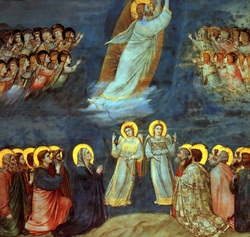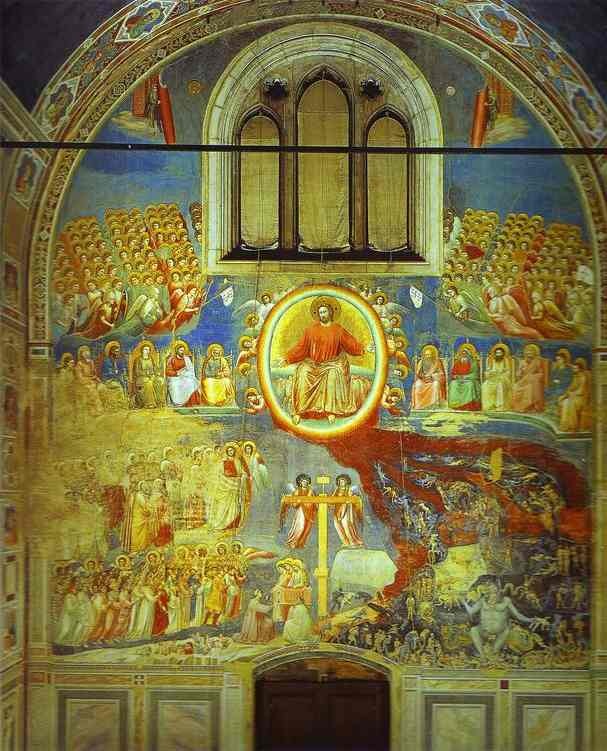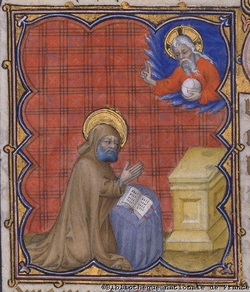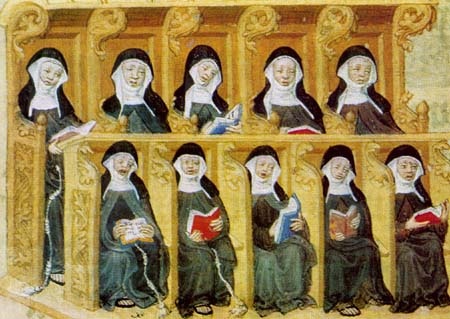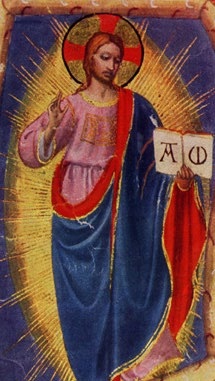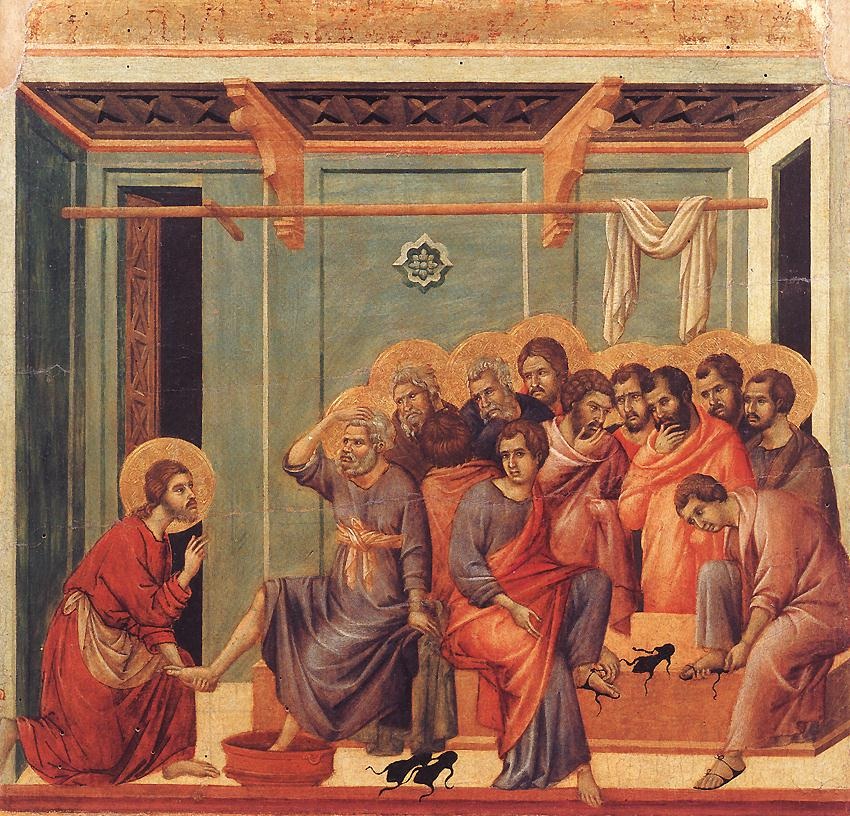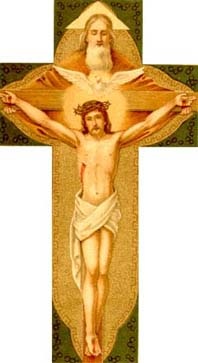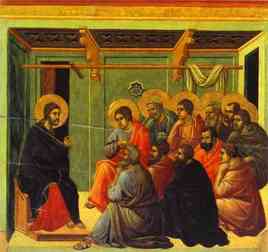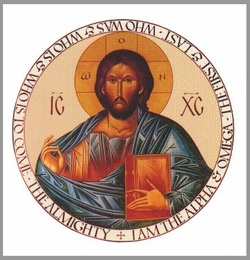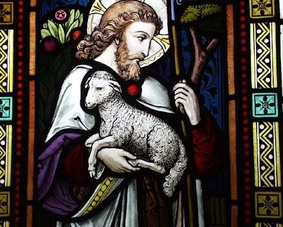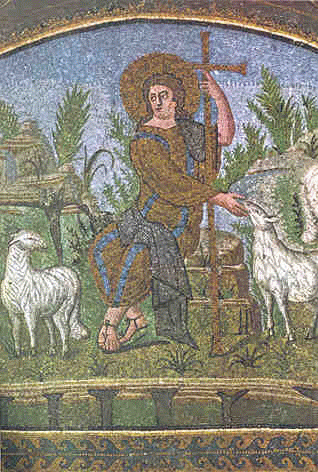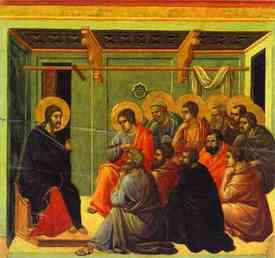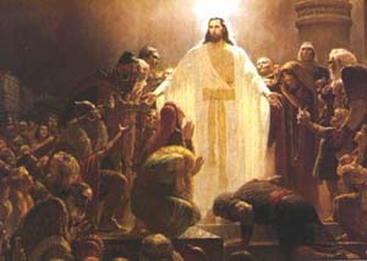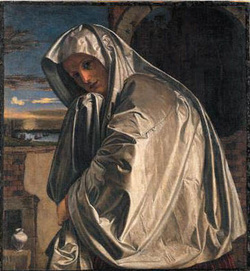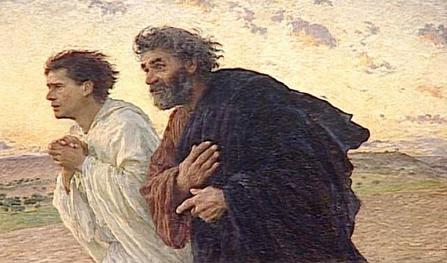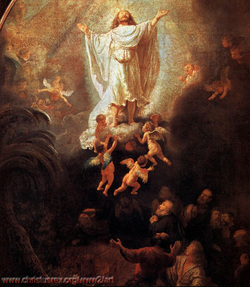
“The hour is coming for everyone who kills you to think that he is offering worship to God” (John, 16:2)
Our Blessed Lord clearly taught that His religion was not easy to practice. He let it be known that anyone who would follow Him must be prepared to bear a cross, and that hatred and scorn would be cast on His disciples by the world. In today's Gospel we hear Him predicting that even death may be the portion of His followers and that those who would inflict this death would consider that they had done a good deed. This prediction has often been verified in the Catholic Church down through the centuries.
Today in many lands these words of Christ are coming true. Those who are faithful to Him are persecuted and sometimes are put to death. The persons who perform these wicked deeds have no idea that they are doing a service to God, because they do not believe in God; but they believe that they are doing a good deed according to their distorted philosophy.
In our land we have not been called on as yet to suffer death for our faith. However, in view of the uncertain state of the world, it is possible that our country may one day behold the sad conditions that are now taking place behind the Iron Curtain. Moreover even now we are sometimes called on to suffer for the sake of our faith. There are persons in our land today who look down on Catholics as if they belonged to an inferior race. They charge Catholics with being ignorant or slavishly obedient to their ecclesiastical superiors. They assert that Catholics cannot be loyal to our country. They sometimes keep Catholics out of posts of honour and authority just because of their faith. Sad to say, there have been some Catholics who, in order to avoid such persecution have renounced their Catholic faith and their membership in the Catholic Church.
We know that it is our duty when persecution of this kind fails to our lot to be loyal to Christ. We may not be cowardly, we must continue to profess our faith fearlessly and openly. In the words of Christ, we must not be scandalised; we must not make the attack of persecutors an occasion of being false to Christ and to His Holy Church.
Practical Application
If you are called on to suffer anything for your faith, remember that Our Lord promised this to His faithful followers. Hence, in the fact that you are persecuted because of your religion you can find a consoling assurance that you are numbered among the beloved disciples of Jesus Christ.
